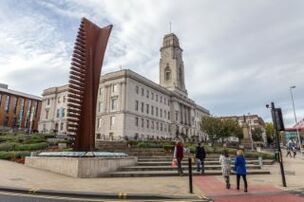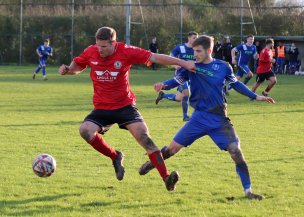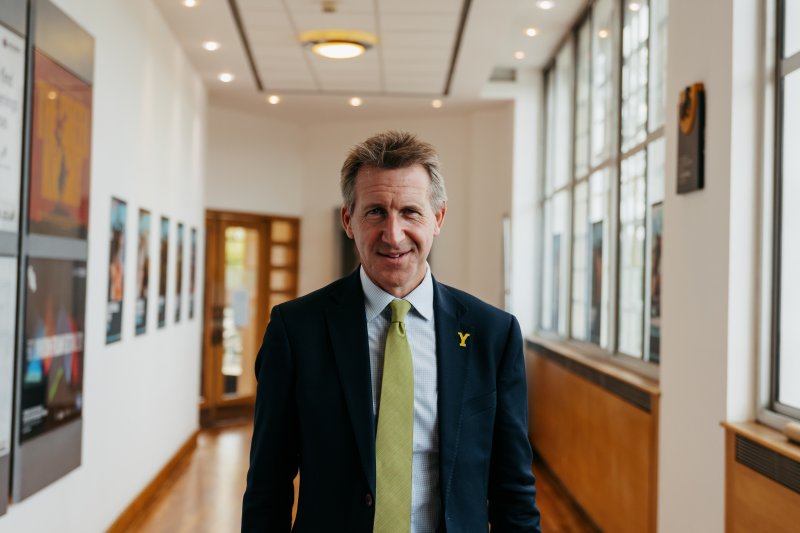VETERANS who may face issues re-adjusting to civilian life in Barnsley are set to receive support from a new scheme designed to keep ex-armed forces personnel off the streets.
The Project Nova scheme, run by the Regular Forces Employment Association (RFEA) and Walking With The Wounded charities, has received £16,000 from the police’s violence reduction unit - which will allow it to focus on early intervention where veterans are at risk of homelessness or antisocial behaviour.
The scheme works closely with police in Barnsley to identify those in need, and liaises with drug and alcohol charities, mental health services and the council to offer them support.
PC Paul Carpenter, who now works as a student development officer in Barnsley, served in the armed forces for more than two decades - meaning he understands first-hand the issues veterans face once they return from service.
“The transition period for myself into civilian life was not completely smooth,” he said.
“Apart from interviewing for your commission, you do not have that experience during your career - plus the confidence to believe in yourself, that you have the transferable skills for the civilian sector.
“Some service colleagues have struggled to settle in employment and frequently change their job roles.
“For some the change of postings every three or four years would give them fresh motivation and drive.
“This is an issue that some veterans face when back in their home town, as they see their civilian employment in some cases as a static role for the remainder of their working life and can never settle.”
As part of the Armed Forces Covenant - an agreement that recognises the importance of supporting Barnsley’s ex-forces, re-signed last week - PC Carpenter has briefed officers and staff about how to refer veterans who are taken into custody, or identified as at risk, to Project Nova.
“This joint partnership allows us to use our experience in service life to understand the challenges they face after leaving the military,” he said.
“If they don’t get the right support their lives can spiral towards offending. Project Nova and associated charities have a wealth of specialist people to deliver this support.
“I regularly support veterans in the Barnsley community that are struggling.”
Founded in 2014, Project Nova has in the past supported veterans who have been arrested by police - but the funding will allow it to put in place an early intervention service, supporting them before they get to that point.
Project Nova local manager, Steve Lowe, said: “There can be a fine line between being vulnerable and living a law-abiding life.
“The funding has assisted South Yorkshire Police to expand its referral pathways into Project Nova at a much earlier point before potential point of custody.
“This makes a crucial difference in supporting these men and women to access specialist support that they may have been unaware of, or too proud to access previously.
“This boost has also allowed the introduction of enabling veterans to self-refer to Project Nova themselves, which will also have a big and positive impact.”
Figures released by the Office of National Statistics revealed that more than 720 homeless people died in England and Wales in 2018/19 - representing the highest year-on-year increase since records began.
More than 1,700 homeless veterans were identified by South Yorkshire’s four local authority housing services, making up 0.72 per cent of homeless cases.
Barnsley Central MP Dan Jarvis added: “Most service leavers go on to achieve great things in civilian life, using the invaluable experience and transferable skills gained in the military.
“But as someone who had the honour of serving in the armed forces myself, I understand the challenges some people can face when leaving.
“In one of the richest economies in the world, no-one should be without a home, especially those who’ve risked their life serving our country. It’s time that we recognise our service men and women in a manner that befits their sacrifice and better support them in the transition from military to civilian life.”





























